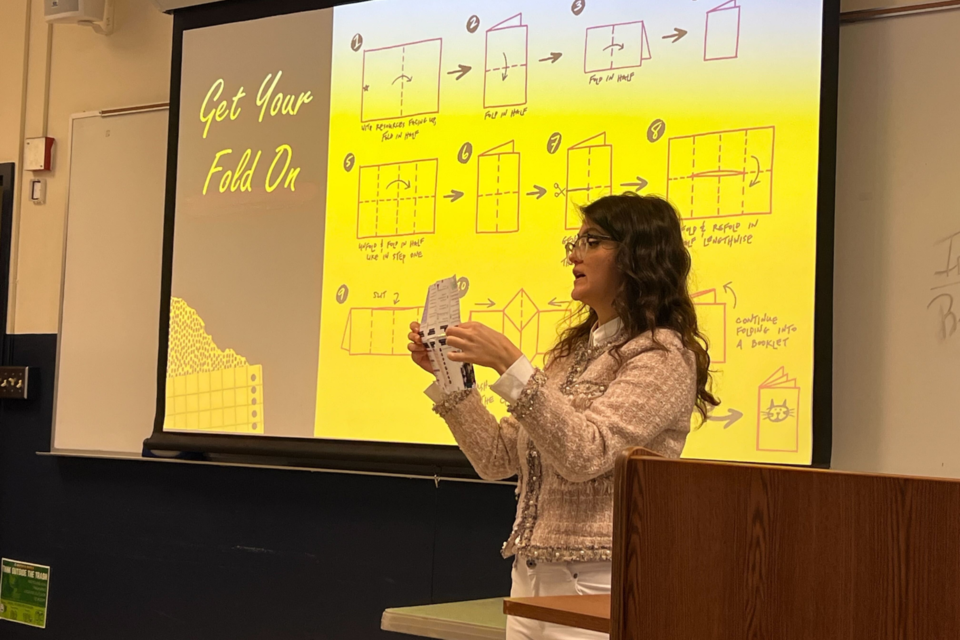In partnership with Erick Riner, director of the University’s Office of Emergency Management, the IHLA will create a learning experience specific for students. The training is especially important for South Georgia residents as the region is particularly vulnerable to certain disasters such as extreme heat, flooding and storm surges, and power outages caused by high winds from hurricanes and severe thunderstorms.
The project is focused on improving natural disaster emergency preparedness by promoting hazard awareness and encouraging proactive planning.
“It is crucial to train our students about emergency preparedness and response so they can be able to make informed decisions during times when it matters the most,” noted IHLA director Jessica Schwind, Ph.D.
Not only is it critical to provide training, it is important to present it in an engaging manner, she shared. IHLA’s learning experience designer Michelle Tremblay is an expert in creating meaningful and immersive learning materials.
“The key to truly impactful learning lies in our ability to captivate students’ attention and fuel their curiosity,” said Tremblay. “By creating training that not only imparts knowledge but also engages the mind and body, we’re fostering a culture of lasting retention and empowering the next generation of learners.”
Tome, a fourth-year epidemiology doctoral student in Georgia Southern’s Jiann-Ping Hsu College of Public Health, became interested in this project because it offers an excellent opportunity to enhance natural disaster awareness, training and safety coordination.
“Through this project, our team has the opportunity to improve safety, protect the health of our students, and empower them,” said Tome. “As an epidemiologist and a public health practitioner, I am passionate about improving human health. Natural disaster emergency preparedness and response impacts public health by increasing and improving mitigation and prevention. It also broadens people’s capacity to respond to a variety of natural disaster hazards, including loss of life, injury, illness, other health effects, property damage, disruption of socioeconomic life, and loss of livelihoods and services.”
Training will focus on the use of freely available informational materials from the NNLM.
In addition to the training sessions offered to Georgia Southern students, emergency preparedness resources for the community will be available on IHLA’s website and social media channels. Improving the public’s health through actionable, hands-on initiatives are at the heart of the IHLA.
“Our activities in the first year and a half of our institute made a difference across the state of Georgia,” said Schwind. “Although we are very proud of these efforts, it is great to be able to work on a project that directly impacts the students across our three campuses.”
Developed resources reported in this press release are supported by the National Library of Medicine (NLM), National Institutes of Health (NIH) under cooperative agreement number UG4LM013736. The content is solely the responsibility of the authors and does not necessarily represent the official views of the National Institutes of Health.
Georgia Southern University, a public Carnegie Doctoral/R2 institution founded in 1906, offers approximately 155 different degree programs serving more than 26,100 students through 10 colleges on three campuses in Statesboro, Savannah, Hinesville and online instruction. A leader in higher education in southeast Georgia with expert faculty, the University is focused on public impact research and engaging learning opportunities through knowledge and know-how that prepare our students to take ownership of their lives, careers and communities. Visit GeorgiaSouthern.edu.




